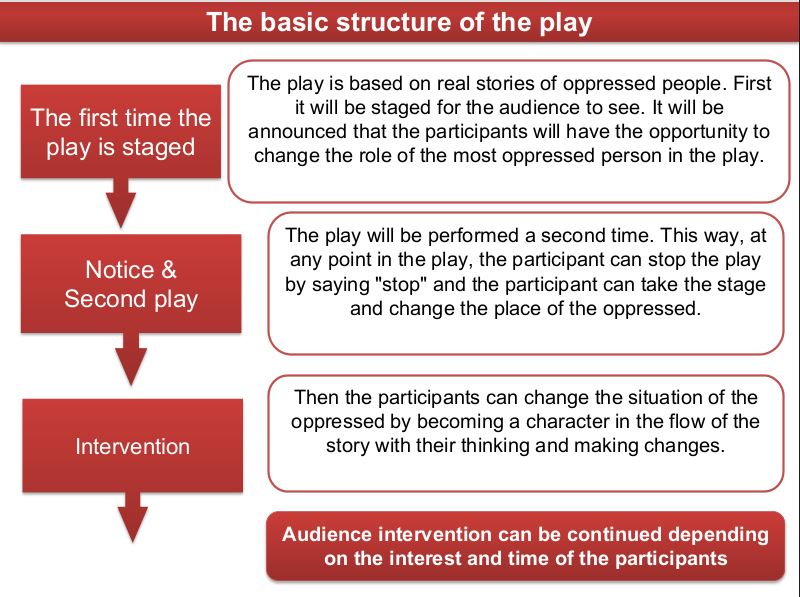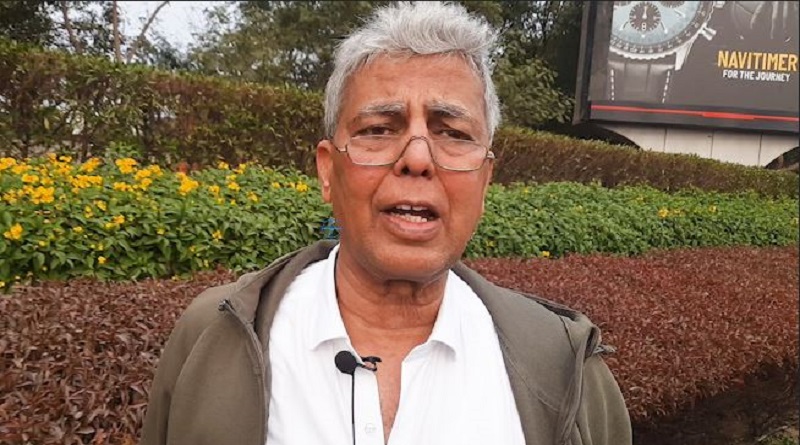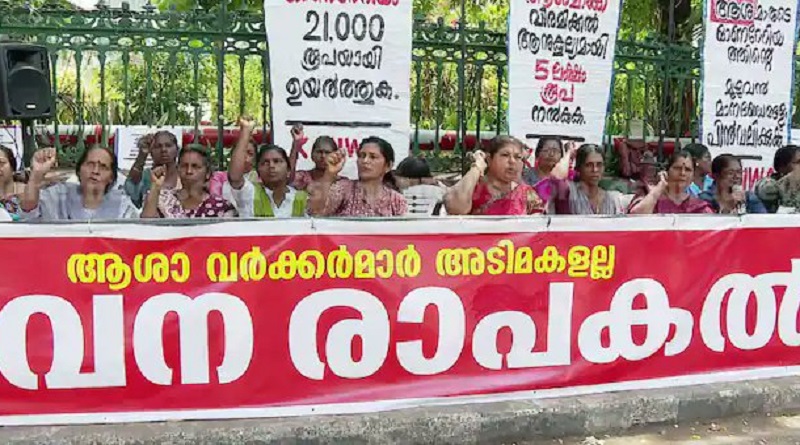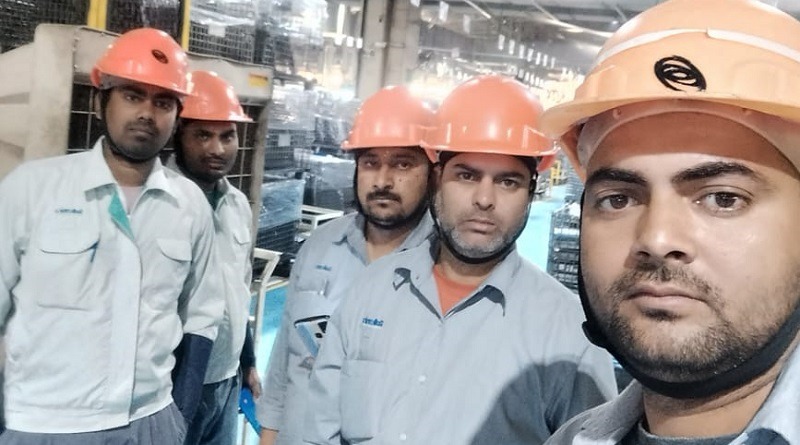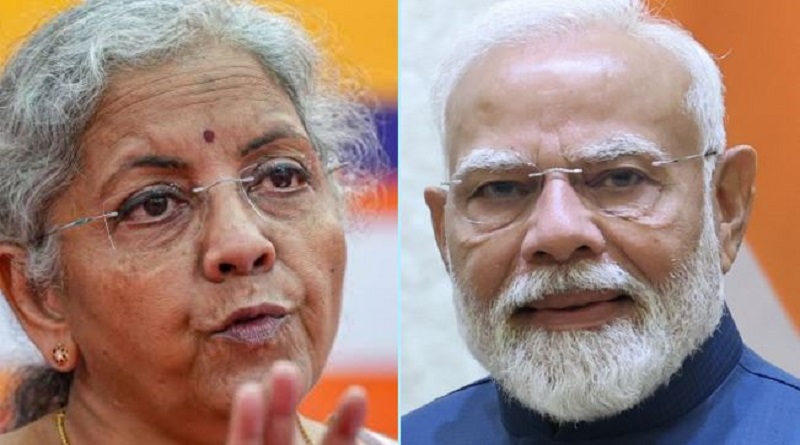Will trade unions take over the form of drama for oppressed people?
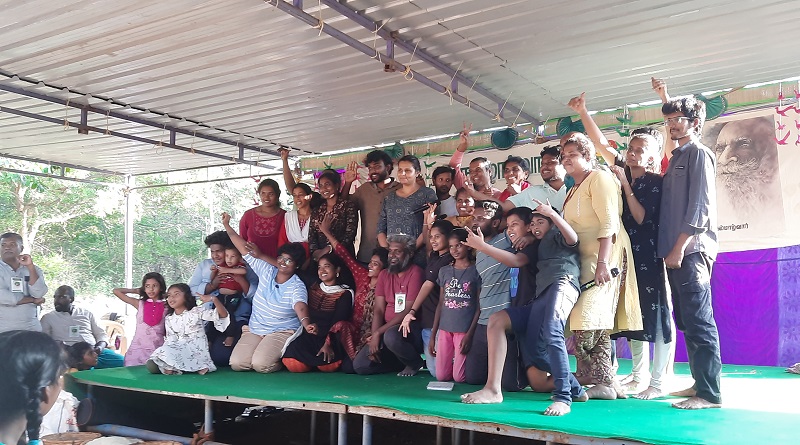
Demands, public meeting, protest (Repeat), demands, public meeting, protest (Repeat)… While trade union activities continue, how to reach the maximum number of working people has always been the question. Integrating workers into today’s work and life environments is a major challenge. We must absorb the strength of traditional forms of struggle. However, as capitalism renews itself, it is necessary for trade unions to try other forms as they adapt to the present times.
We need to keep the doors open for newer forms to connect with working people on cultural platforms to make every encounter exciting and meaningful.
Artistic expressions including songs, street plays, and silver-screen films that herald the working class are not new to our land and our people. However, we can see that there is a vacuum for art in the unions. Giving way to the magic of the arts beyond the streets would be a great opportunity to ease the situation for workers and unions.
A key tool for creating that opportunity is the ‘ Theatre of the Oppressed’. The specialty of this play is that it reflects the stories of the oppressed people, rather than teaching the solutions, it seeks to reveal the solutions from the people themselves.
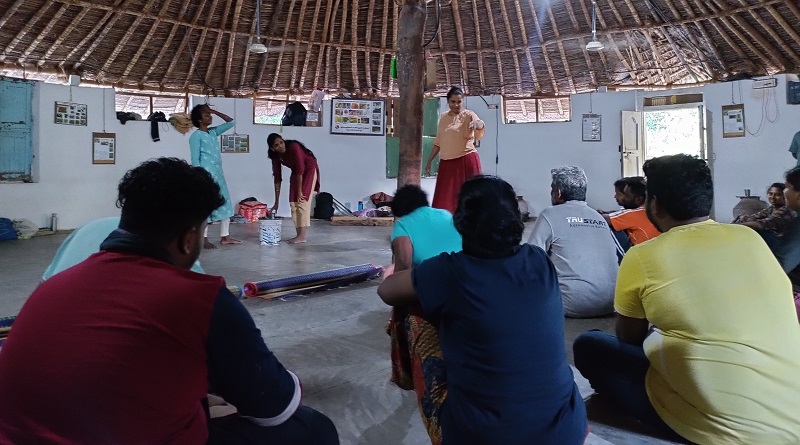
A form of drama evolved by the people for the people
An incident is a major factor in the creation of this art by Augusto Bual, a Brazilian dramatist, and political activist. The great dramatist Agastho composed and staged a revolutionary play in a village. Chanting ‘ Let us shed our blood ‘, the play was well received by the people.
After loud cheers from the participants, Augusto is invited to eat with the villagers. The village head expressed his appreciation to Augusto, who left, and asked when we are going to enter the times of change. To which Augusto explained, “ I am a dramatist, this is your problem and you have to do the work for it.
“ The village leader asked Augustus, “ Did you say that we will shed blood, only our blood? Not yours ?” That question, which had a great impact on Augustus’ mind, became the foundation for the creation of a form of drama that democratizes the way to find solutions, rather than a play that teaches solutions.
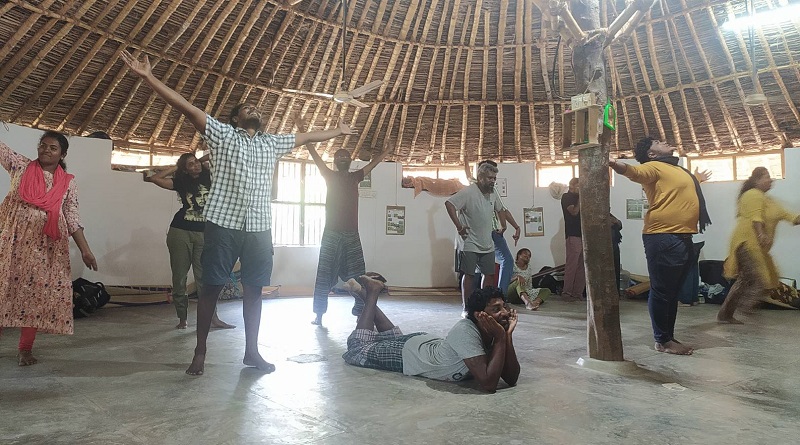
Philosophy and belief of participatory theater form
Participatory theater form transforms the audience not only as a viewer of the play but also as a person who interacts and thinks with the play. This form of drama serves as a rehearsal ground for the oppressed to believe that each and every one of them has the power to change their environment and prepare themselves for real life. With the participation of common people who are not dramatists, art moves from being the possession of a few and automatically paves the way for the diffusion of knowledge/energy.
Do people watching the play participate in it?
An example of a play performed in Tamil Nadu would be the answer. In Tamil Nadu, this form of drama was practiced and three dramas were composed. It includes the drama “Consent”, which reflects violence against women in the home; The drama ‘ Avan ‘ which reflects a transperson’s struggle; The drama which is based on the exploitation of women working in factories and the freedom of the press being taken away.
After these three plays were staged, one play was selected due to time constraints and an intervention was performed. The play “Consent” was chosen and staged for the second time. A woman from the audience sought to replace the oppressed woman. In the scene where the pregnant daughter-in-law is stuck with her mother-in-law and her husband, the participant who changed the role of the woman who is unable to talk to the mother-in-law, got into a conversation with the mother-in-law and dealt with her oppression.
In this way, this form of theater turns the audience into participants.
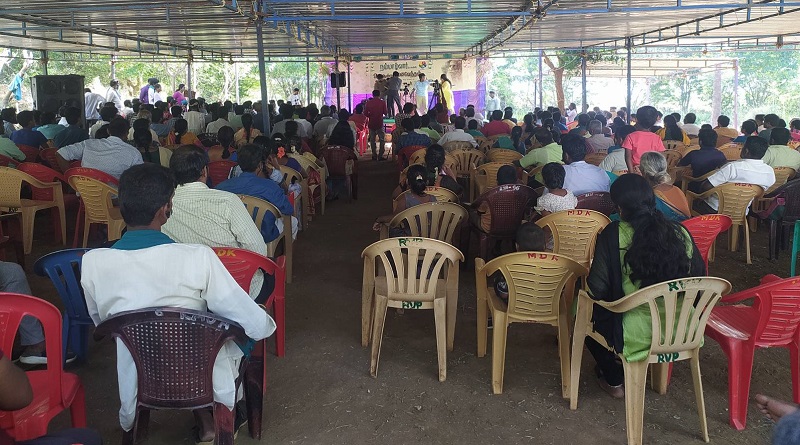
Will trade unions take up the form of drama for oppressed people?
Creating an opportunity to bring the people’s art to the workers depends on whether the trade union listens to the workers’ narratives, with the need to understand the subtle problems of the oppressed. A trade union that claims to be a democratic organization, democratizing the process towards solutions will reduce the gap between the trade union and the workers. The commitment that knowledge and power should be decentralized rather than concentrated in the hands of a few and the willingness to take on multiple forms of trade unionism will determine the evolution of trade unions.
The preparations for the drama exercises for the oppressed people, which Agathi and Kaladhari performed together in December, will continue. Interested workers and trade unions may contact them.
Subscribe to support Workers Unity – Click Here
(Workers can follow Unity’s Facebook, Twitter and YouTube. Click here to subscribe to the Telegram channel. Download the app for easy and direct reading on mobile.)
